From sweet American pies to soulful Chinese classics, Paul Hsu has spent over three decades shaping how Asia eats. As the founder of Elite Concepts, he crafts not just restaurants, but stories - each one rooted in intuition, memory, and a quiet belief in the transformative power of food.
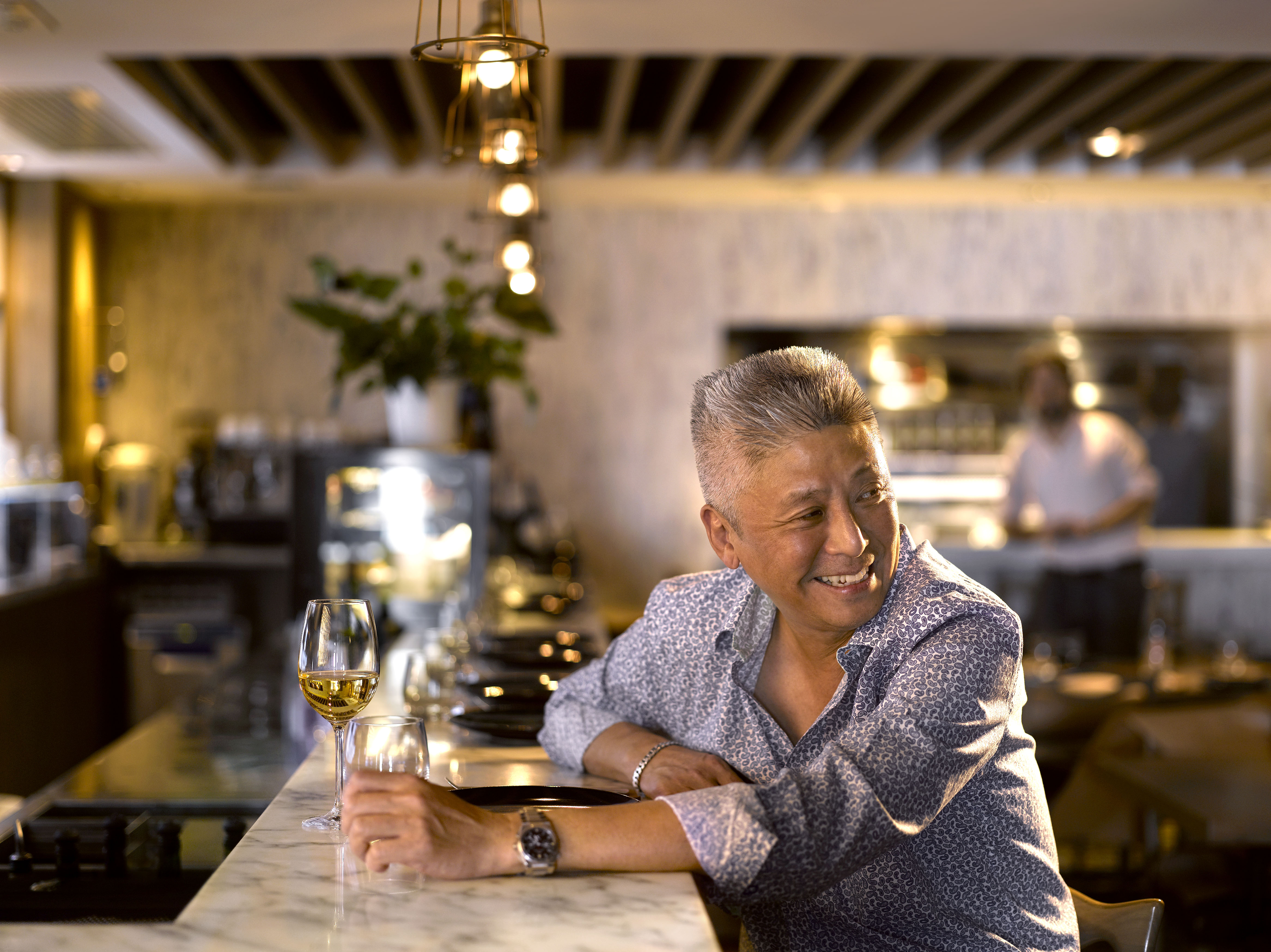
Elite Concepts has remained a leader in a highly competitive industry, but where did it all start? What was your first restaurant?
My first venture was The American Pie - named after the Don McLean song - and it opened in Lan Kwai Fong in the early 1990s. Allan Zeman was my landlord back then. The café introduced something new to the city: a place for post-dinner indulgence, mid-afternoon pauses, and take-home treats for celebrations. I partnered with Jim Dodge from the Stanford Court Hotel in San Francisco, and together we brought American-style desserts to Hong Kong. It was a sweet success - literally - and it quickly became a hotspot for the Lan Kwai Fong crowd. That momentum led to further concepts like Va Bene and Indochine 1929, and over time, Allan and I became more than collaborators - we became friends.
What inspired you to start Elite Concepts?
It was 1991 - the year my son was born. A moment of personal joy that gave me the push to create something of my own. I had already helped launch two five-star hotels in China and had learned the ropes at Hyatt and Hilton. But I saw a space in the market, an opportunity to build something different. I didn’t want to reach the end of the road wondering what if. So I took the leap - and I’ve never looked back.
Why did you choose Lan Kwai Fong as your starting point?
Lan Kwai Fong had that spark. It was raw, experimental, full of movement and promise. The ground-floor units opened onto the street, bringing in energy with every passerby. It was a neighbourhood on the brink of becoming something more - and we wanted to be part of that transformation.
.jpg)
What’s your process today when scouting for potential sites or developing a new concept?
It always begins with location - not just geography, but energy. Ideally, we want a space that works for lunch, dinner, and late-night. But that perfect balance is rare, especially in Hong Kong. So we listen to the rhythm of the neighbourhood, study what it needs, and then we shape the concept around it - like writing music for a room. The right idea in the wrong place won’t sing.
Yè Shanghai has become an iconic brand under Elite Concepts and is still going strong after more than 30 years. What’s the secret to its success across different cities?
When we opened Ye Shanghai in Pacific Place in 1998, it marked our first foray into a shopping mall setting. Before that, all our restaurants stood on their own. The mall had good footfall, though not exactly on our floor. Still, we believed in our vision - to bring authentic Shanghainese cuisine to life with depth, grace, and consistency. That commitment never wavered. We later opened Ye Shanghai Kowloon and Ye Shanghai Shanghai in 2002, both of which still thrive today. The Shanghai venue even moved once, but the spirit remained intact. This year, we celebrate Ye Shanghai Taipei’s 10th anniversary. At the heart of it all is one thing: staying true to the essence while letting the expression evolve.
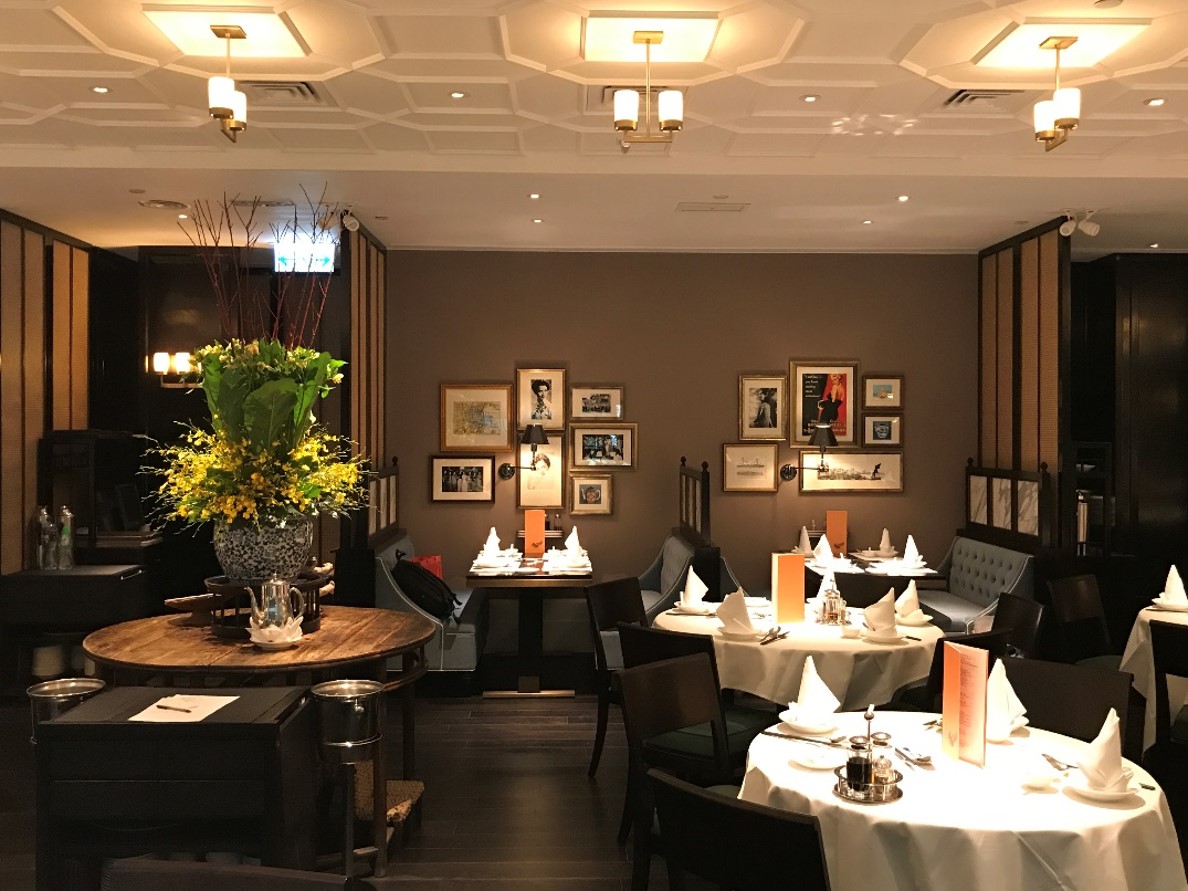
You’ve mentioned success outside of Hong Kong. How did your earlier international experiences shape your approach to expansion?
My journey began with Hyatt in the U.S., followed by the White Swan Hotel in Guangzhou and the Hilton in Shanghai.
One of our proudest overseas stories was Tokio Joe at the Mandarin Oriental in Jakarta. It ran for over a decade, built a devoted following, and even now, I still hear people ask when it will return.
These international chapters taught us how to adapt without losing our identity - how to listen to the soul of a new city, and respond with something it hadn’t yet discovered it needed.
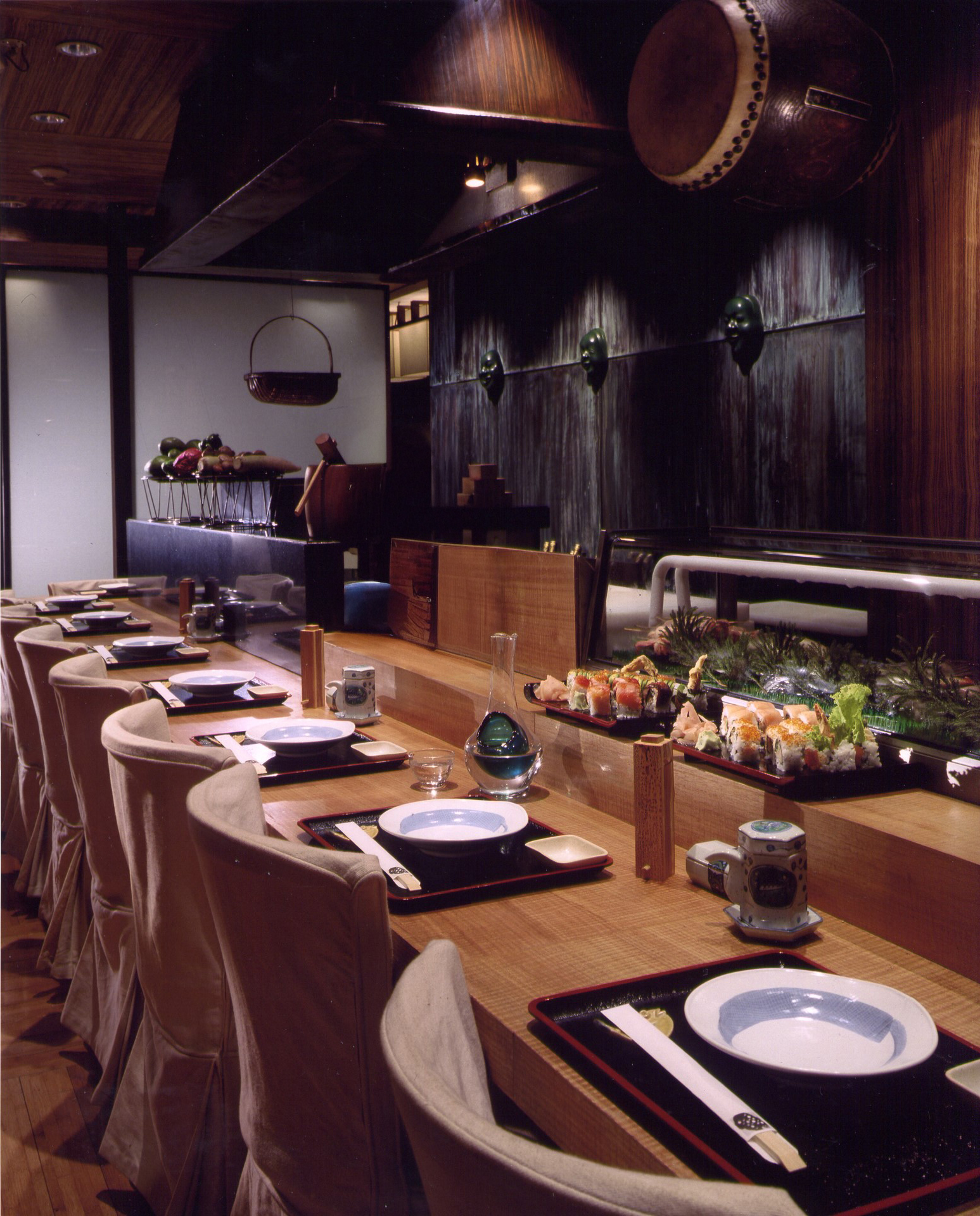
Did your hotel F&B background influence how Elite Concepts collaborates with hotels?
Absolutely. That background shaped how we see partnerships - as collaborations built on vision and rhythm.
When we operated the Pousada de São Tiago in Macau, we opened Os Gatos, a Portuguese-Macanese concept best known for its fiery African Piri Piri chicken. It was about more than food - it was about storytelling, atmosphere, and service woven into one experience.
That’s what hotel training gives you - the ability to choreograph details into something seamless.

Elite Concepts isn’t limited to Chinese cuisine. Have your overseas experiences influenced your approach to international flavours?
We’ve always embraced the unfamiliar - long before it became a trend. Years ago, we were among the first to ride the wave of Asian-style concepts in Hong Kong.
We opened Bebek Bengil, the original Dirty Duck Diner from Bali. Then came Klong Bar & Grill - part Thai-style pub, part izakaya, with DJs, cocktails, and even pole dancing at the front.
Today, the city is brimming with Thai, Japanese, and Indonesian spots. But we were there when it was still a question mark - not yet a movement.
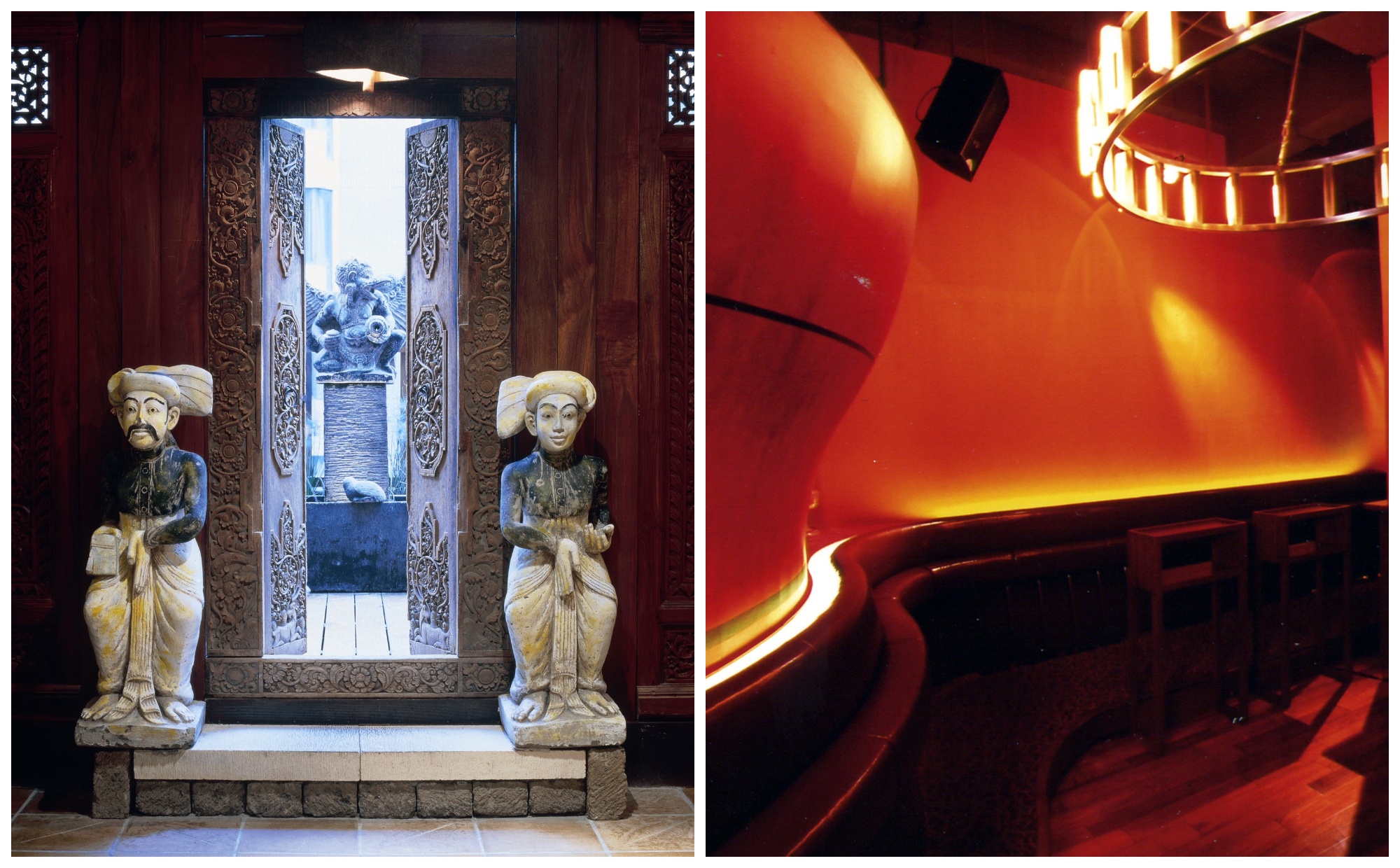
You were involved in transforming Star Street into a hospitality destination. What was the vision behind that?
At the time, Star Street was almost entirely residential. But with Pacific Place Three under development nearby, we saw a quiet canvas - one that could become a hub of taste, texture, and community.
We launched 1/5, a New York-style loft bar that was later voted one of Asia’s best. Beneath it was Kokage, a Japanese fusion spot, and then Cinecitta, offering modern Roman fare.
Today, Star Street is fully gentrified. But I’m proud we were part of its origin story - the spark that helped it grow.
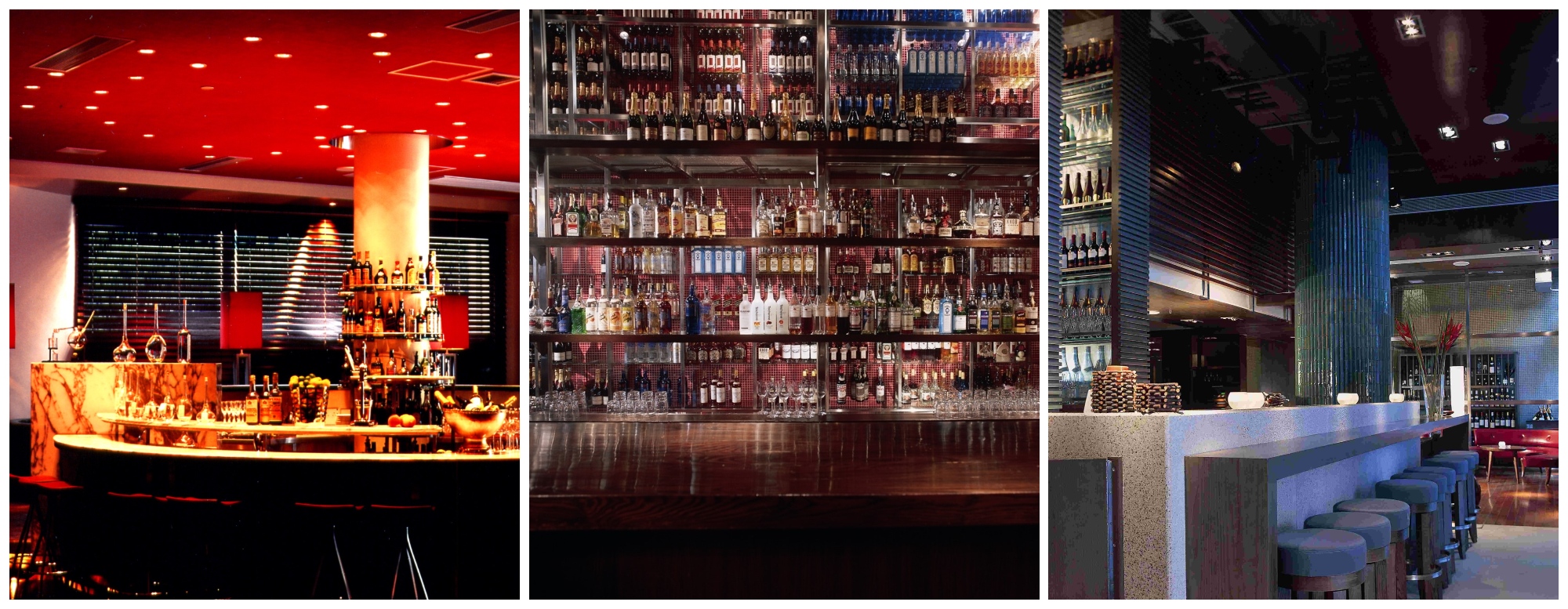
Is collaboration with developers something you’d like to continue?
Without a doubt. We love working with people who think in full, living spaces - not just square footage.
A great example was our work in Jakarta in 1996. We helped create a multi-entertainment complex in Menara Imperium. There was Empire Bar & Grille, a revolving rooftop restaurant; Jalan Jalan, a club with a yakitori bar; and Quantum Athletic Club.
It was more than design. It was an ecosystem. That kind of creative synergy excites us.
What does the future hold for Elite Concepts?
We’ll keep doing what we’ve always done - growing with purpose, choosing cities that match our rhythm. Places like Shenzhen, Vietnam, and others that feel aligned with who we are.
Of course, Hong Kong remains our anchor. We recently reimagined Nanhai No.1 at iSQUARE in Tsim Sha Tsui, and reintroduced the ever-popular Eyebar. One floor above, we launched Penthouse - a modern Chinese club experience that fuses cuisine, music, and atmosphere in one offering.
It’s about keeping the city’s soul vibrant.
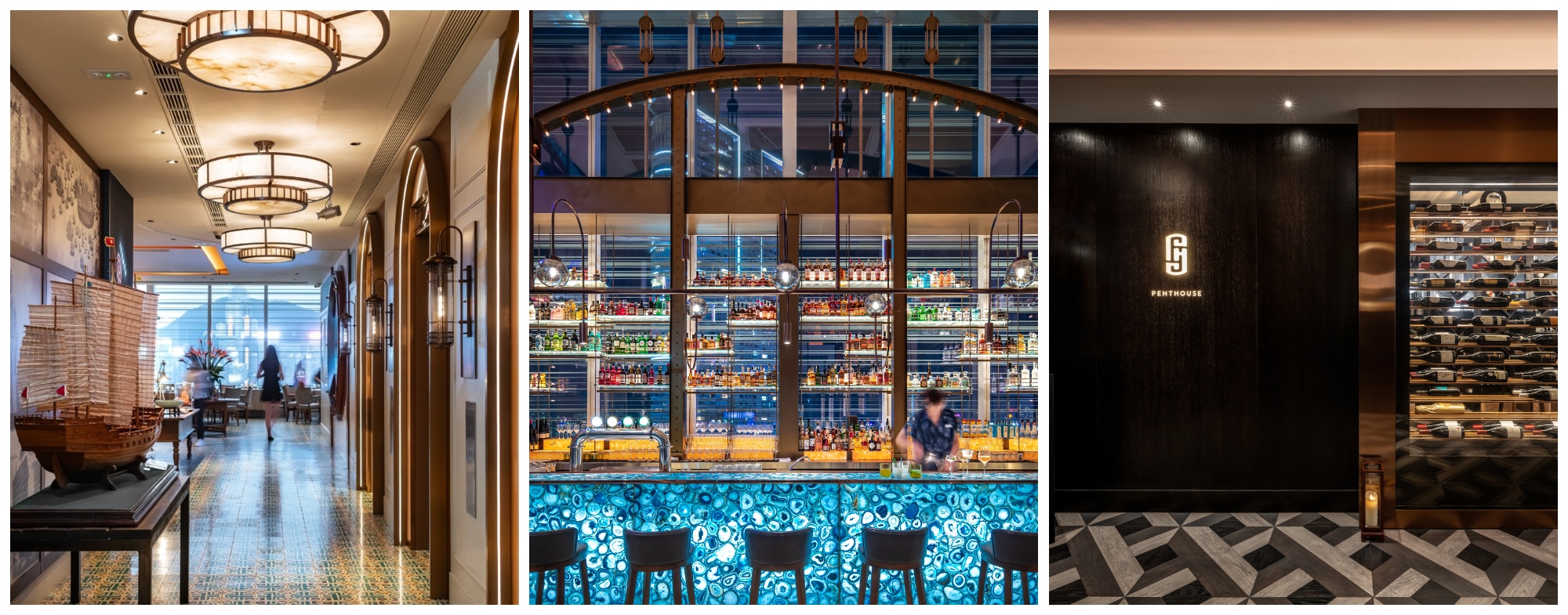
Any final thoughts you’d like to share?
Yes - Duck de Chine is our next chapter. It’s housed in our award-winning 1949 – The Hidden City complex in Beijing and has become a destination for true Peking Duck lovers.
Now, we want to take it further - to introduce this experience to more cities and raise the bar for how Peking Duck and northern Chinese cuisine are understood.
There are too many imitators out there. This, for us, is a mission of clarity. To honour tradition - and to do it beautifully.